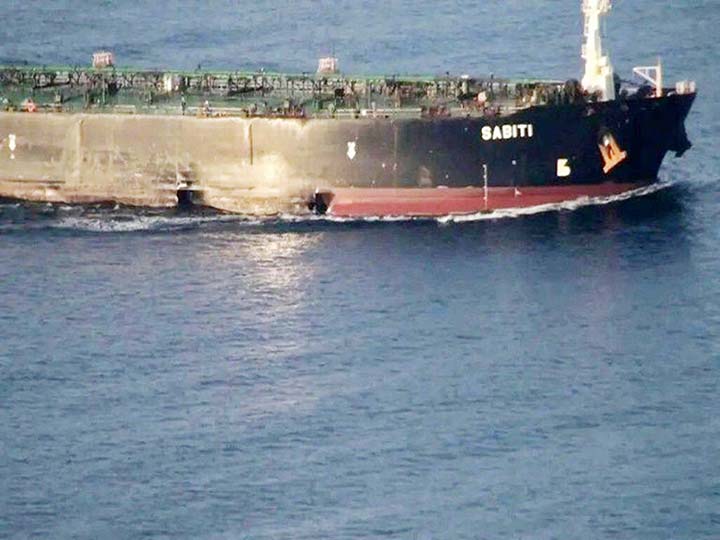
AFP, Abu Dhabi :
The dangerous rivalry between Saudi Arabia and Iran, played out in proxy wars and mystery strikes, is destined to fester as long as neither reaches across the gulf that divides them, observers say.
At the Beirut Institute Summit in the United Arab Emirates this week, heated sessions dominated by the hostilities in the region warned of drawn-out disputes in the strategic region as Riyadh and Tehran vie for influence.
Former US ambassador Robert Blackwill lamented the fact that despite nearing a military confrontation in recent weeks, the two are “are not systematically talking to one another to reduce their differences”.
“If there is no diplomacy, we will be in a war. And one thing about war is that once it begins, you can’t always see its outcome and that should worry us all.
“I see a minority here in wanting diplomacy with Iran,” Blackwill said, after influential Prince Turki al-Faisal defended Saudi Arabia’s shutting the door on talks with Iran, regarding it as an existential threat to the kingdom.
“How can we hold discussions with a regime that openly declares it is our enemy?” asked Prince Turki, the former head of Saudi Arabia’s intelligence agency, who also served as ambassador to Washington.
Riyadh, the Sunni power which rules the birthplace of Islam, has been at odds with Tehran since the Islamic revolution of 1979 ushered in a Shiite theocracy and set the two on a collision course.
Saudi Arabia cut diplomatic relations following 2016 attacks by demonstrators on its missions in Iran after the kingdom executed revered Shiite cleric Sheikh Nimr al-Nimr.
But their decades-long struggle for regional dominance has flared in recent months, with a series of attacks on oil infrastructure and tankers which have raised fears of an all-out war.
Despite the seriousness of the attacks, which have sent shockwaves through the energy markets as well as global shipping, the circumstances remain vague with the two countries tip-toeing around key issues including who is to blame.
Riyadh accuses Tehran of being behind September 14 attacks on two vast oil facilities in the east of the kingdom that were claimed by Iran-backed Yemeni rebels.
But Saudi Arabia has not adopted the American version that claims the attacks were launched from Iranian territory, and says it awaits the conclusion of a probe being conducted in collaboration with the United Nations.
Riyadh’s position seems to suggest that the Saudis are avoiding blaming Iran directly, so they are not obliged to mount a military response that could have catastrophic repercussions.
Tehran meanwhile has been economical with details after the state firm which owns the Iranian tanker Sabiti said its hull was hit by two explosions last week off the Saudi port of Jeddah.
Iran accused a foreign government of being behind the attack but did not point the finger at a specific one. And the company denied reports the attack had originated from Saudi soil.
In May, another Iranian vessel broke down at about the same location and was repaired in Saudi Arabia, where it was held until its release in July.

